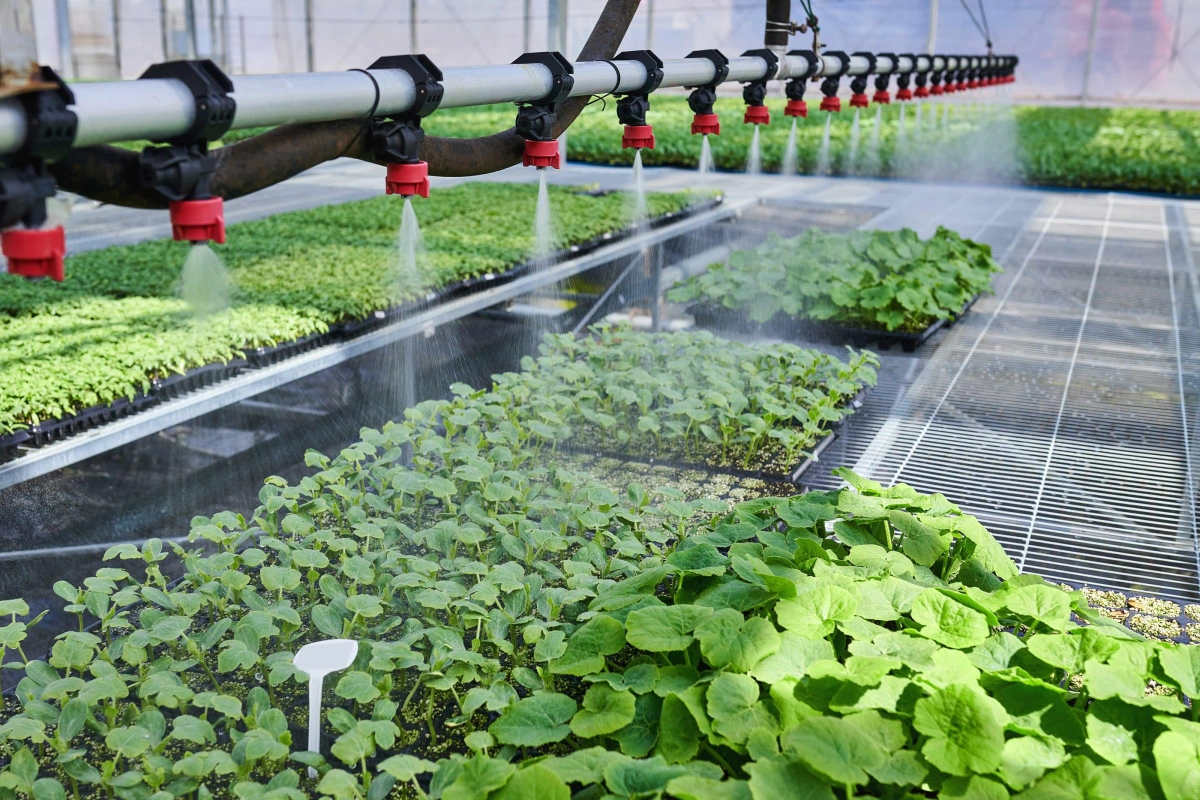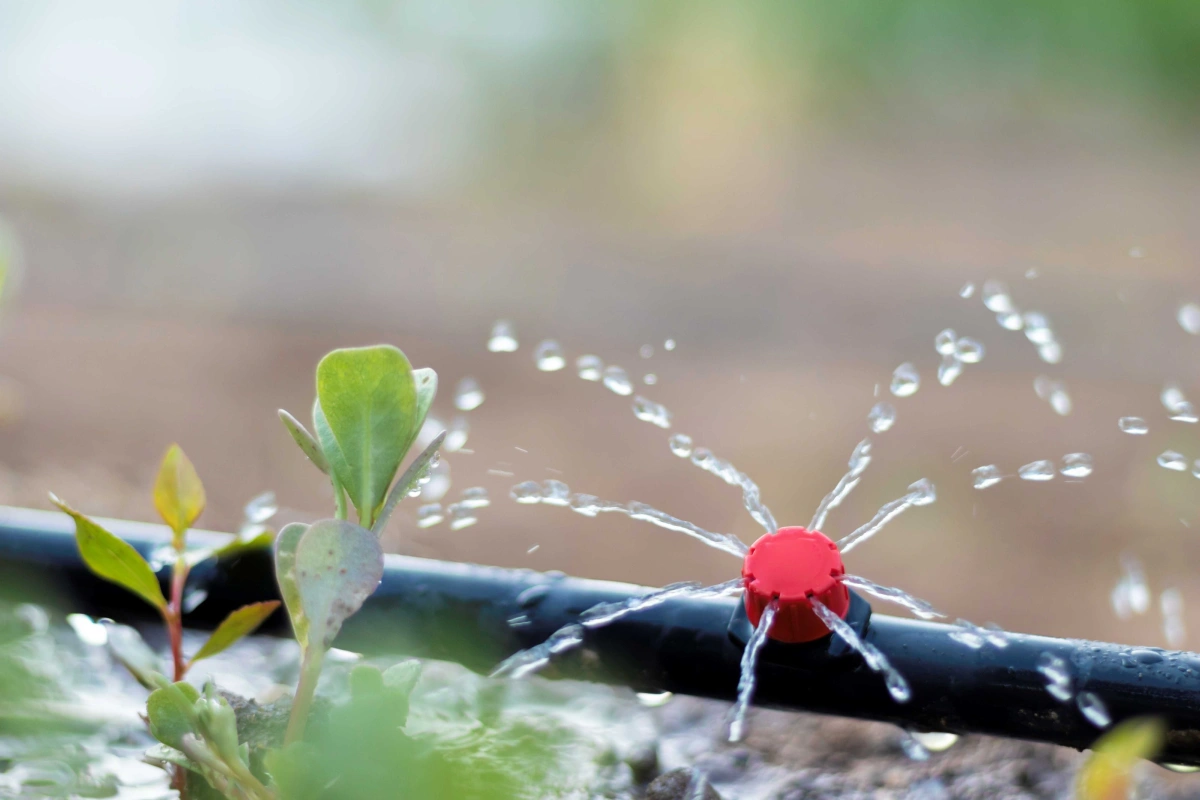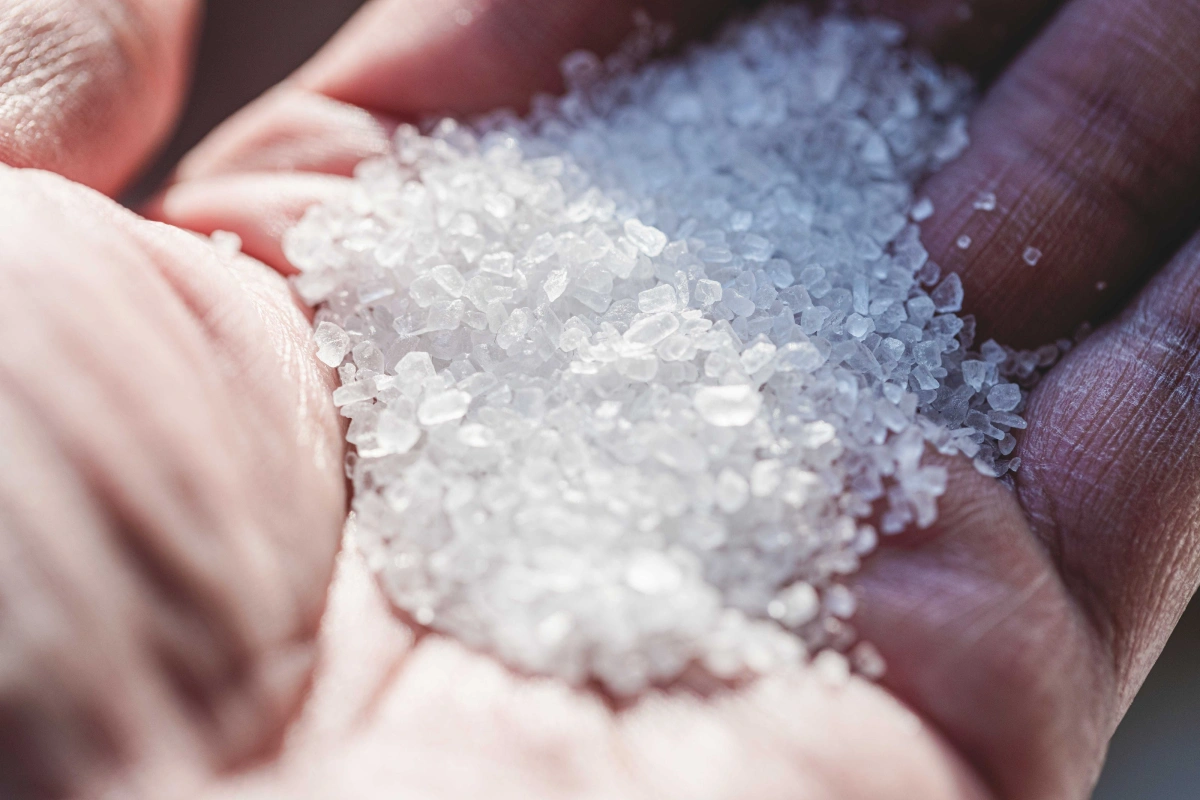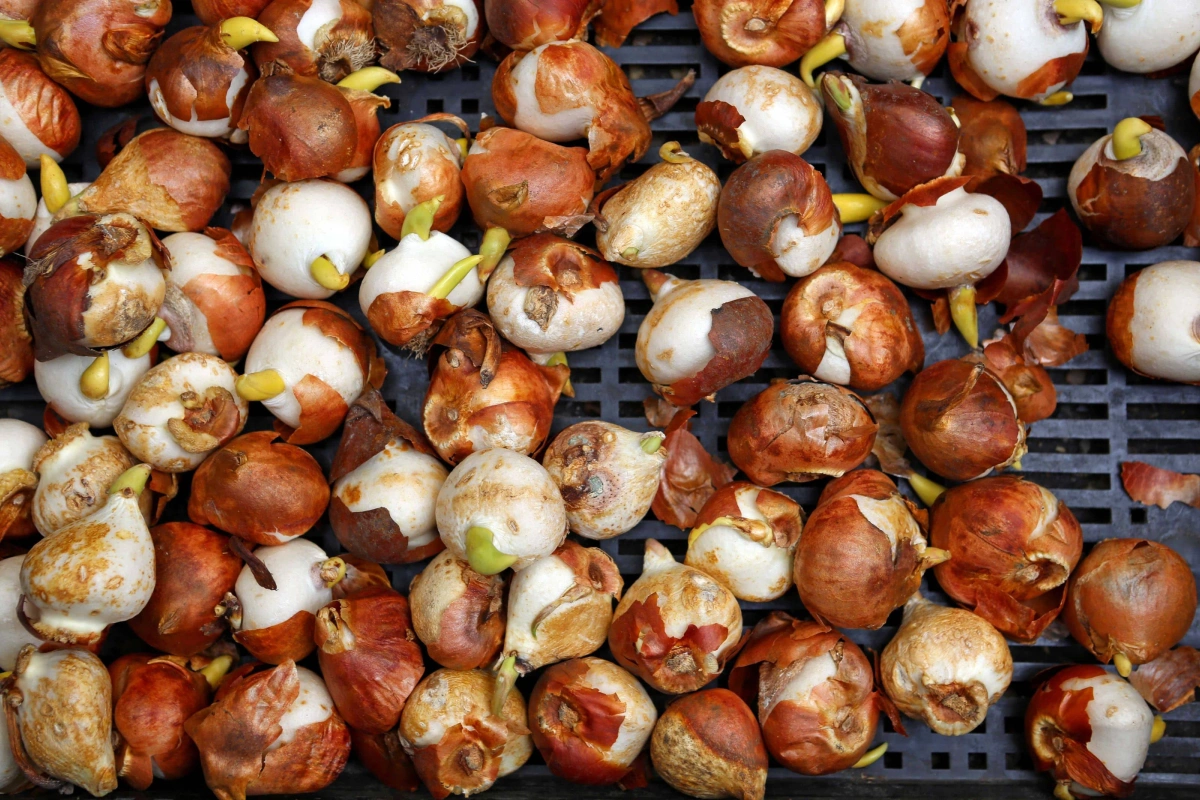Our Clients
Greenhouses growers, substrate & hydroponic growers, vertical farmers, nurseries, Horticulture System integrators
In horticulture, water disinfection is essential to prevent biofilm, pathogens, and nutrient imbalances. Clean water ensures healthy crops and optimal growth conditions. However, conventional systems using bulk chlorine or sodium hypochlorite often introduce unintended consequences that compromise both plant health and operational efficiency.
Many growers still use bulk sodium as conventional approach
Most horticulture growers still rely on bulk sodium hypochlorite for water disinfection. However, long storage times lead to chlorate formation, while high pH accelerates degradation. Sodium accumulates in irrigation systems, harming sensitive crops and requiring frequent flushing to maintain water quality—making this method inefficient and unsuitable for closed water cycles.
Stop biofilm and sodium risks in irrigation: Ultra-Pure Chlorine On-Site with VDH Electrolysis
VDH Watertechnology offers in-situ electrolysis systems, such as the Chlorinsitu®-V, which produce pure chlorine on demand—without the need for storage or the risk of sodium contamination. Our systems offer long-lasting depot activity, actively removing biofilm throughout the entire piping network.
Unlike UV or hydrogen peroxide treatments, which have short-lived effects, our ultrapure chlorine ensures consistent and reliable disinfection.



